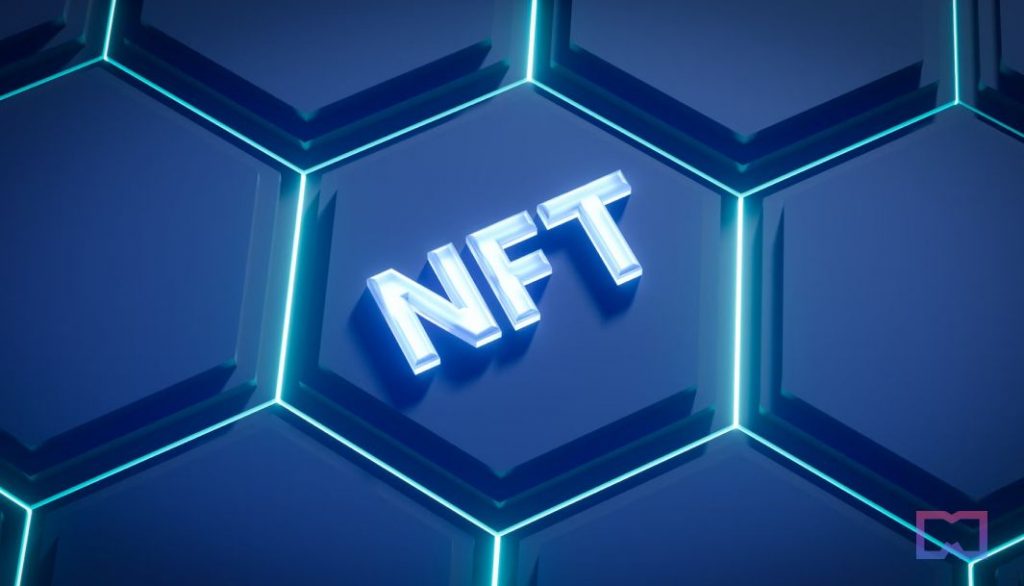The Cost of NFT Creation: A Detailed Guide for 2023
In Brief
Expect to spend anywhere from $100 to $1000 to put together an NFT collection.
Most NFT marketplaces typically impose a minor fee of around 3% for each transaction.

If you're planning to develop your own NFT, consider several factors. First: how much will it cost? You need to invest in proper software and hardware, as well as web hosting and domain registration. Marketing your NFTs also demands a budget.
Creating an NFT could set you back anywhere from a few hundred to a few thousand dollars based on your selected tools and services. If you opt for high-end software or hire a designer for your NFTs, you will see costs rise. Using free or open-source alternatives can keep your expenses down.
Regardless of the costs involved in NFT creation, it’s clear that significant time and effort are necessary to ensure your NFTs flourish.
Promoting your NFTs is vital for achieving success. You’ll want to showcase your NFTs through social media, online communities, and cryptocurrency-centric websites, and you might even need to allocate some budget for advertisements.
With the right dedication and strategy, you can craft your own NFTs and start generating income. The trick lies in identifying a niche market and offering NFTs that catch people's interest. If you nail that, you could very well become a successful NFT creator.
How much does it cost to produce an NFT?
While creating your first NFT is thrilling, you might feel disheartened once you see the typical costs. The minting process could run anywhere from $0.05 to $150; yet, at peak times on Ethereum, fees can soar above $500 for a single NFT.
On a positive note, it is possible to make an NFT without incurring costs by using suitable resources. So, just how much does it cost to create one? There’s a wealth of free or open-source software available online that enables you to mint your own NFTs.
Additionally, some hosting services provide discounts or even free plans for NFT hosting. Plus, there are domain name registrars that might offer you a free domain if you sign up with them.
When you embark on creating an NFT, there are generally several types of costs involved.
Marketplace fees
Firstly, there’s the marketplace fee. When you craft an NFT, chances are you’ll wish to sell it through an online marketplace, which will often require a small transaction fee, commonly around 3%.
Ethereum gas fees
The next cost you'll encounter is the Ethereum gas fee. This is a charge levied by the Ethereum network for each transaction. Since crafting an NFT constitutes a transaction on this network, anticipate a minor gas fee.
Domain name fees
Lastly, if you want your NFT to be easily discoverable online, you'll need to pay for domain name registration. Fees for this service can typically hover around $10 annually, depending on the registrar.
Can you create an NFT for free?
Absolutely, you can make an NFT at no cost if you utilize the right resources and have the knowledge to navigate them. A variety of free or open-source programs allow you to mint NFTs. Some web hosting platforms also extend discounts or complimentary hosting services.
Creating an NFT does involve several types of transactions that can incur costs. However, by using the right tools and resources, you may sidestep many of these fees. For instance, taking advantage of free sources for NFT minting can help you evade costs.
Lazy minting
Lazy minting presents a way to generate an NFT without facing the hefty transaction fees normally associated with the process. Services that host your NFTs and mint them on your behalf typically charge lower monthly or yearly fees, which are generally more affordable than minting yourself.
Marketplace Options for Lazy Minting:
- OpenSea
- Rarible
- Sellable
- SuperRare
- Foundation
What are the expenses involved in developing a full NFT collection?
Crafting an entire collection of NFTs is significantly more involved than working on a single NFT, often leading to higher costs for the collection as a whole.
Putting together an NFT collection is not only more time-consuming but can also be pricier than producing just one NFT. These collections, often made up of numerous randomly generated pieces, can range from 100 to 100,000 NFTs—examples include VeeFriends and Book Games.
There are various methods to create NFT collections, with the most prevalent being the use of a smart contract on the Ethereum blockchain, allowing individuals to put together and mint the various pieces.
Which blockchain platform is optimal for creating NFTs?
There isn't a single 'best' blockchain for crafting NFTs. However, Ethereum currently leads as the most favored option due to its vast and active development community.
Ethereum is the go-to blockchain for NFT creators, benefiting from the largest developer community and active development scene. Nevertheless, alternatives like EOS, TRON, and NEO also boast robust NFT ecosystems.
Strategies to minimize NFT creation costs.
Finding ways to lessen the costs associated with NFT creation and minting goes a long way in reducing overall expenses.
Here are a few tips to keep in mind:
- Consider using a lazy minting service to skip the steep transaction fees typical of minting NFTs by yourself.
- Opt for a hosting platform that provides discounts or complimentary hosting plans for NFTs.
- Choose a domain registrar that offers a free domain name option.
- Utilize free or open-source software solutions for NFT minting.
- By implementing these strategies, you can dramatically lessen the financial burden of creating your NFTs. In some situations, it may even be possible to mint your NFTs without any expenses.
FAQs
Conclusion
NFTs provide an innovative and thrilling approach to owning both digital and tangible assets. However, the costs to create them can be high. Thankfully, numerous strategies can help minimize the expenses associated with minting your NFTs.
Finally, keep in mind that you can always sell your NFTs should you decide they no longer serve your interests. Multiple marketplace platforms are available to facilitate the buying and selling of NFTs.
Additional NFT resources:
Disclaimer
In line with the Trust Project guidelines Please be aware that the information presented here is not intended, nor should it be interpreted, as legal, tax, investment, financial, or any kind of advice. It's crucial to only invest what you can afford to lose and to seek independent financial guidance if you have any uncertainties. For more detailed insight, we recommend reviewing the provided terms and conditions, as well as the help and support pages from the issuer or advertiser. MetaversePost is dedicated to delivering accurate and impartial reporting, but please be aware that market conditions can change at any moment.






